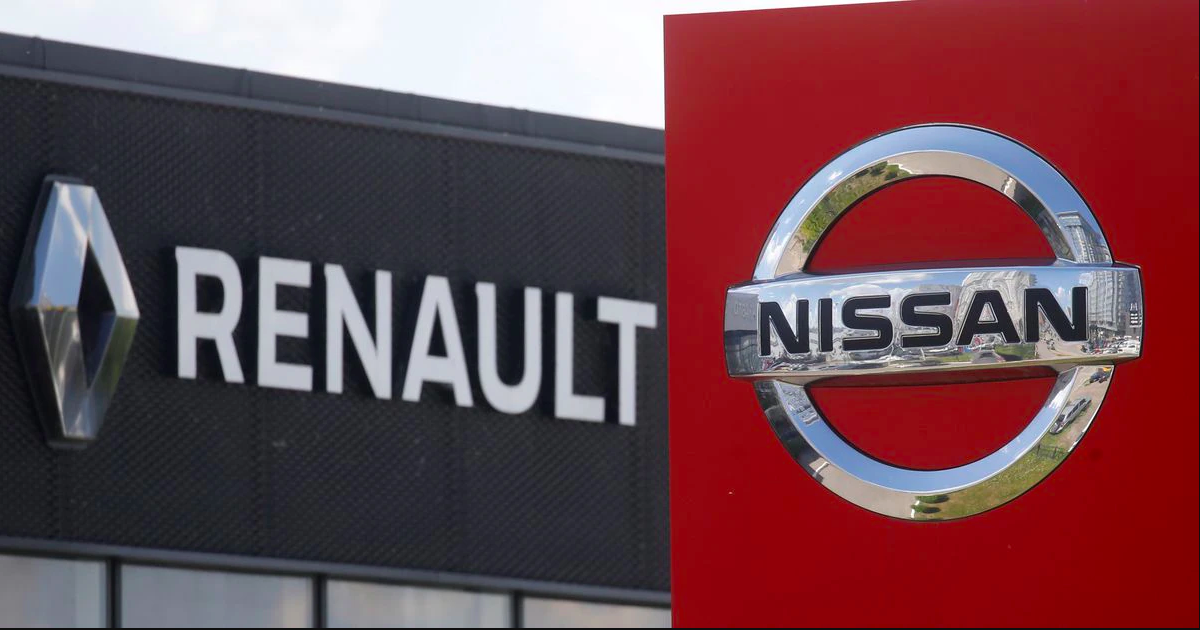By Aditi Shah and Gilles Guillaume
A revamped alliance between Renault and Nissan will face an early test in India, where the automakers plan new investment in a bid to close the gap on rivals, people with knowledge of the plans told Reuters.
In India, the world’s fastest-growing car market, the new investment will be led by Nissan, and the companies are evaluating vehicles they could launch from 2025, two of the people told Reuters. That could include a reboot for Renault’s popular Duster sport-utility vehicle, they said.
The sources asked not to be identified because the companies have not announced details of the new strategy, which could be made public as early as next week.
Nissan did not respond to a request for comment. Renault declined to comment on the details of planned projects with Nissan.
The new collaboration underscores the pressure automakers face as they invest in EVs, automation and other software services even as demand for gasoline cars greatly outstrips that for EVs, especially in up-and-coming markets like India.
It also points to the rising potential for sales in India, which last year overtook Japan to become the world’s third-largest car market. Industry-wide sales in India surged 23% last year to 4.4 million, according to S&P Global Mobility, while other major markets faced supply constraints.
COMPLEX CROSSOVER
The first test for the new Renault-Nissan approach could be the Renault Triber, a seven-seat car that the companies have discussed selling in India under the Nissan brand, one of the people said. Those talks were put on hold while they negotiated the broader partnership, he said.
Renault is considering an electric version of its mass-market Kwid small car for India, Reuters reported last month. Two of the people said Nissan has joined that review.
Renault and Nissan together had around 3% of the Indian market in 2022. Unlike Nissan, Renault does not have a significant presence in major markets like China, the United States and Japan, raising the stakes for its success in India, one person said.
In India, the two automakers have a complex crossover of interests, with joint ownership of a car plant and a research and development centre in the southern city of Chennai.
The plant can produce about 500,000 cars a year but is only running at about a third of that capacity, industry data show. Nissan owns 70% of the plant, but its sales in India lag Renault’s. Nissan sold just 35,000 vehicles in India in 2022 – 60% below Renault’s 87,000.
Cross-badging carries the risk that a Nissan version of a vehicle could cannibalise sales for the Renault equivalent or vice-versa. That was one reason the companies previously scrapped the approach.
But rivals like Japan’s Toyota Motor and partner Suzuki Motor have had success with the strategy in India.
In Latin America, Renault and Nissan are studying the shared use of low-cost vehicle platforms, a person with knowledge of the plan there said. The alliance has plants in Mexico and Argentina.











